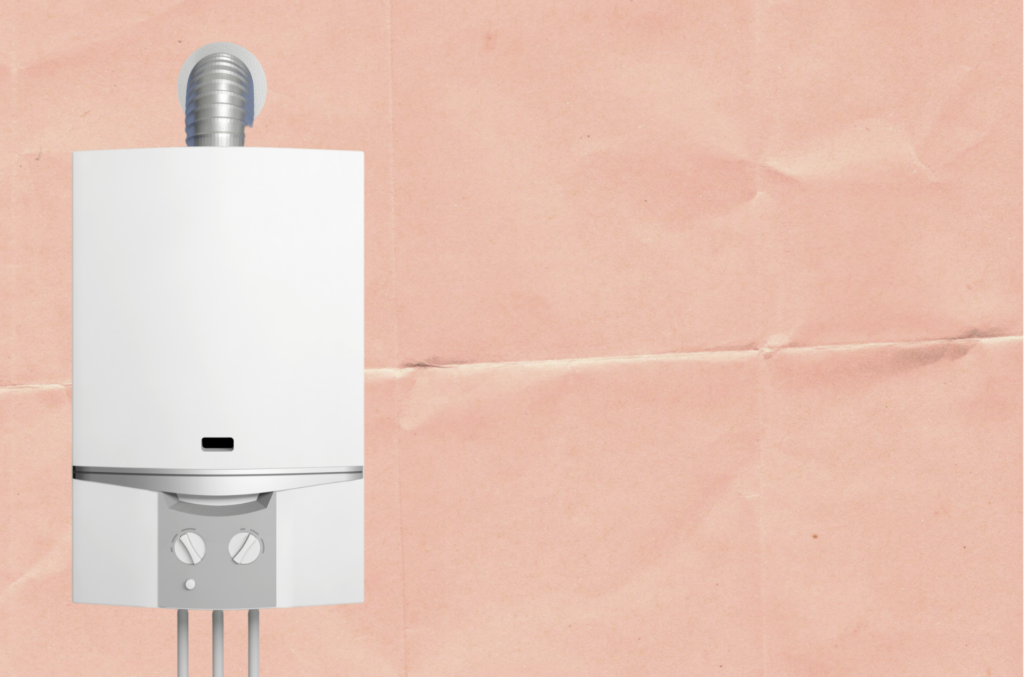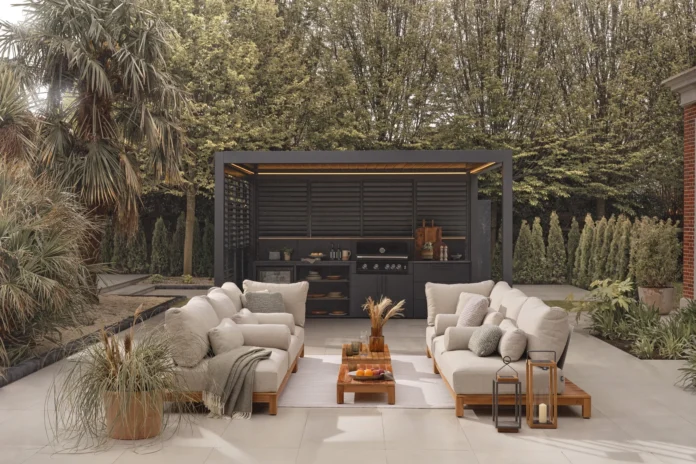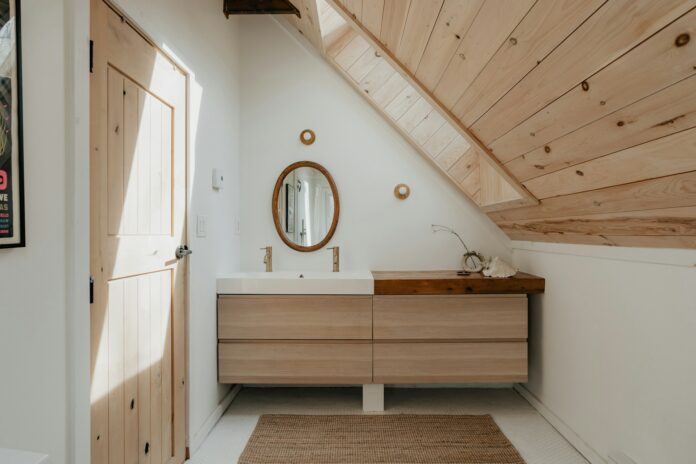
Ideal for those whose boiler is on the brink, the blink, or if you’re simply looking to save money on energy bills.
Replacing a boiler on the blink; could there be a more universally resented purchase? Because although the device is instrumental in your everyday, it’s also a piece of home equipment we all take for granted. As such, buying a new boiler feels like an expense few have properly budgeted for.
As one of the most important purchases that a homeowner can make, it’s vital that you conduct research into the different types of boilers, models, and manufacturers beforehand, as this investment is one which you’re going to be living with for a while. So, whether you’ve noticed an increase in your energy bills and want to get them lower, or your old boiler has packed in, a little bit of research can go a long way. With that in mind, here’s our IDEAL guide to buying a new boiler, IDEAL for those whose boiler is on the brink, the blink, or if you’re simply looking to save money on energy bills.
WHY INVEST IN A NEW BOILER?
Because the old one is on the blink, of course. Though a broken boiler is the most common reason for needing a new one, it might actually be a smart move to invest in a new boiler even if your old one isn’t showing any signs of immediate decay.
Instead, look for hints that your central heating might not be working to its full potential; perhaps your radiator is staying cold after you’ve turned the heating on or the pump is making unusual noises? Time to investigate further.
If it’s over 10 years old or you have to keep getting it repaired, then you might actually save yourself the significant outlays on regular maintenance by bringing your boiler bang up to date.
As the experts at Boiler Central suggest in their article 10 Reasons to Buy a New Boiler, boilers which are older than ten years may contain parts which can longer be replaced easily and cheaply.
What’s more, ”as a boiler ages, it can develop problems like corrosion and internal limescale buildup”, and as such, often boiler issues aren’t visible to the naked eye until it’s too late. Don’t wait until your boiler packs in before you replace it; a little foresight goes a long way here.
THE DIFFERENT TYPES OF BOILER ON THE MARKET
With numerous brands, models, and types of boilers to pick from, knowing where to start can be difficult. While all modern boilers are created to high levels of safety spec, it’s important that you’re aware of the 3 main boiler types that are commonly found in most properties, which are:
- Regular/Conventional
- System
- Combi
Although there are pros and cons for each of the boiler types listed, the size of your property and the number of people in your family will determine which type is right for you.
Combi boilers are best suited for homes that have a single bathroom, whereas a regular boiler is recommended for larger homes. System boilers sit in between the two with regards to how they function. Each boiler type will differ in size, so you will need to determine whether the boiler can fit snugly in your kitchen cupboard, or whether it’s best housed in the loft.
UNDERSTAND YOUR HOT WATER & HEATING DEMANDS
The number of people living in your home, alongside its size, is a major factor to take into account when picking the right boiler for you. You will also need to pick a suitable output rating for your hot water and heating demands. If you have a low output rating, this will have a negative effect on your domestic hot water and central heating, whereas a higher output rating could cause your energy bill to increase.
If you live in a small terrace house or flat, a suitable output rating ranges between 24-27 kW. A suitable output rating for a medium terrace or semi-detached house is between 28-34 kW, whereas a large semi-detached or detached house’s suitable output rating is between 35-42 kW. This will be easily obtained from your water supplier or it can be found on your water bill.
COST DIVERGENCE
According to recent market analysis by the experts at The Heating Hub, prices vary hugely when it comes to boiler purchase. For a combi, expect to pay between £1600 and £3500, and for a system boiler, costs range from £1500 to £2800. Check out their superbly detailed breakdown on the divergence in boiler costs for more.
CHECK THE WARRANTY
Should you experience a problem with your boiler once it has been installed, being covered will bring you huge peace of mind (not to mention save you a lot of money). No matter what kind of boiler or provider you go for, it must come with a warranty period, period. However, what is covered and what is not will depend on the boiler and brand. Before you shell out on a boiler, it’s vital that you look into the warranty, as well as the terms and conditions. If your boiler breaks down and you don’t have cover, getting it fixed can prove extremely costly.
SEEK RECOMMENDATIONS
If you aren’t sure which boiler to go for, asking family members and friends for recommendations is advised, as there’s plenty of anecdotal evidence out there on these temperamental machines.
Whilst we’re on the subject of recommendations, ask around for advice on reliable, responsible technicians in the area to carry out the installation. Whichever route you choose, make sure that you always use a heating engineer who is qualified and Gas Safe registered. Checking their credentials beforehand will mean that you can ensure you’re held in safe hands.
For those who want to become more eco-friendly, a new energy-efficient boiler can save you up to 40% on your central heating bills. While the initial cost may be alarming, an energy-efficient boiler is seen as a worthwhile investment by many homeowners. According to the EST (Energy Saving Trust), you could save up to £225 annually.
GET SEVERAL QUOTES
To avoid being overcharged, the last thing you should do is accept the first boiler quote you’re given. It’s sensible to compare several quotes and make sure that you have them in writing. If you find a quote that’s too good to be true, it probably is, so instead of picking the cheapest quote you find, finding out what you will get for your money is important.
Installing a new boiler in your home can improve boiler efficiency, improve heating control, and create a quieter boiler operation. Before making your final decision, make sure that you put all the tips listed above into practice, which should help you find an affordable and reliable boiler.





